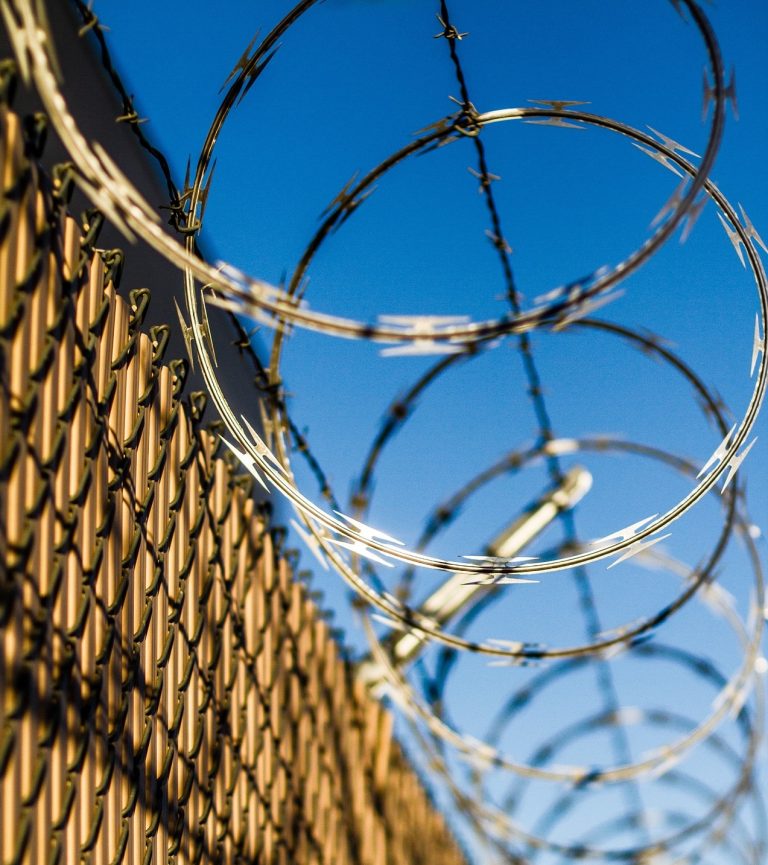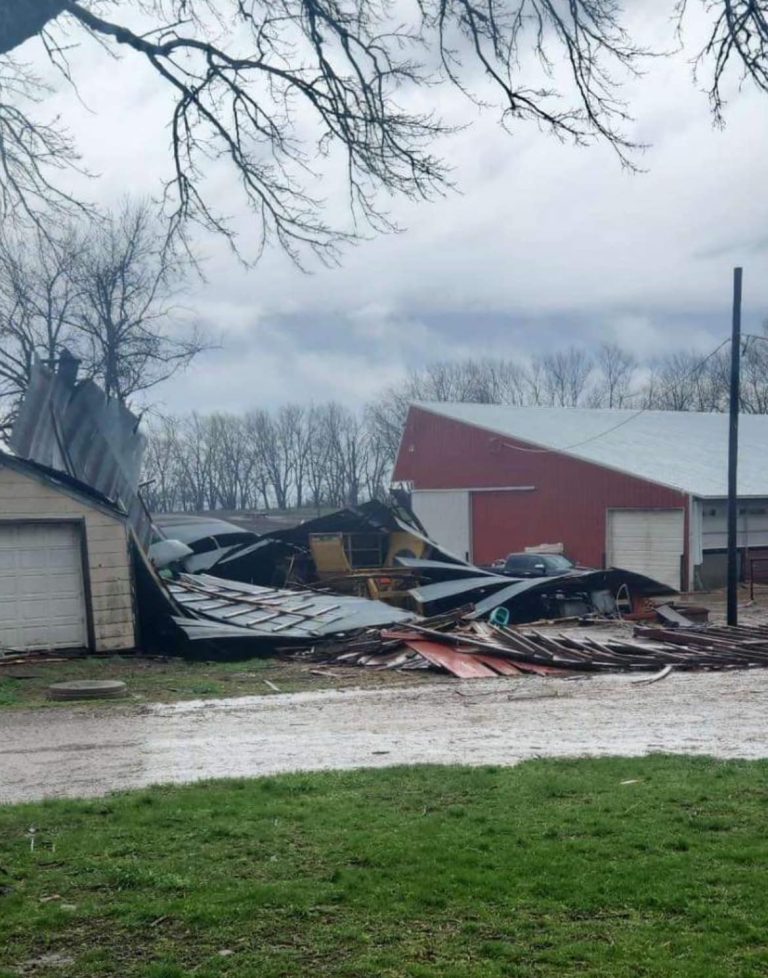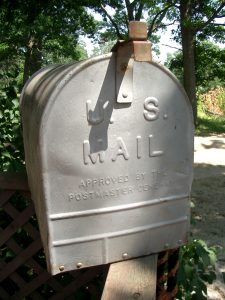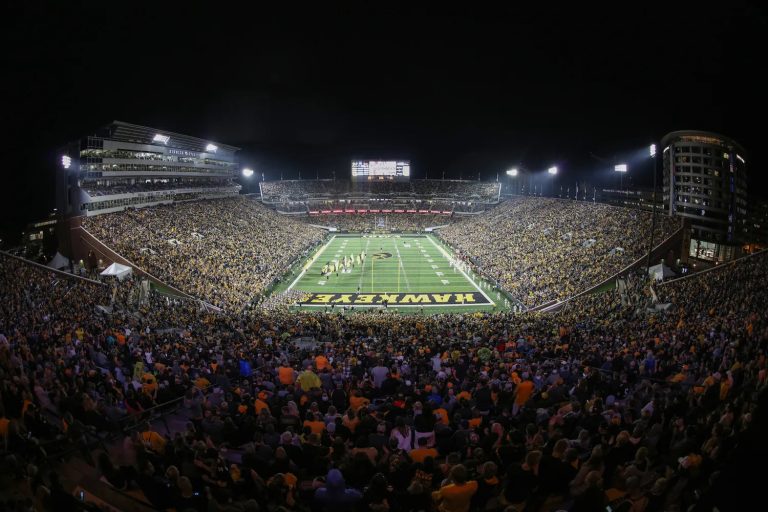North Central Iowa — There might be competition for the proposed Rock Island Clean Line wind energy transmission line that is proposed to start in our area. But the proposed competing line is planned to start well east of here in north-central Iowa.
The much-beleaguered Clean Line project has had its share of setbacks, and this could be another. According to Direct Connect Development Company, they want to build an underground transmission line from north-central Iowa to Chicago. The line would parallel existing railroad tracks — an ironic idea since it’s the other company — Clean Line — that first had the name of an old railroad in its name.
Direct Connect Development CEO Trey Ward says the proposed underground project also has a railroad name. Its called “SOO Green Renewable Rail LLC.”
The preferred route for Clean Line’s 500-mile-long overhead transmission line would start in O’Brien County, southeast of Sanborn and would stretch through 16 Iowa counties, ending in eastern Illinois. It would connect to transmission lines that take electricity into Chicago and connect to the grids serving Indiana and Ohio. It would transport energy from many of the state’s wind farms and could also benefit a developing wind energy industry in South Dakota.
The most recent setback to the Clean Line project was a ruling by the Illinois Supreme Court that said that the Illinois Commerce Commission shouldn’t have granted Clean Line “Public Utility Status.” The company had filed for transmission lines in Iowa has but withdrew the applications, waiting to see how it went in Illinois before deciding whether to refile in Iowa.
Meanwhile, the underground project already has the land for about 85 percent of their 349-mile route. Ward says the Canadian Pacific Railroad has already agreed to allow the proposed SOO Green underground project to bury its line in the railroad’s existing right-of-way. He says they’re working with another railroad and will also have to acquire some additional land rights in Illinois if they are to proceed with beginning the project.












